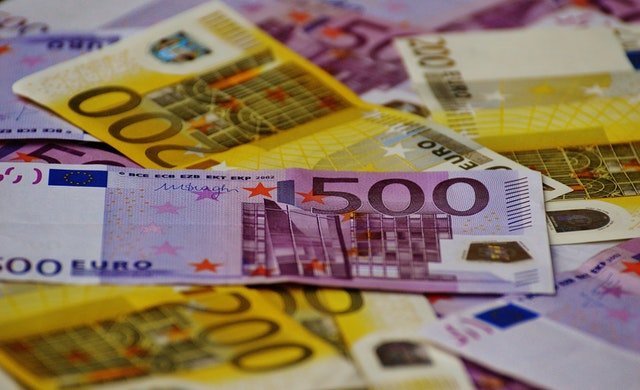
Tourism is the third-largest socio-economic activity in the European Union (EU), accounting for 21% of people employed within the services sector. Over 13 million people are employed in tourism-related industries in the EU. Approximately 8 million of these people are employed in the food and beverage industry and 2 million work within the transport sector.
While it is important to develop the competitiveness of the European tourism industry, the EU also recognises that there is a requirement to do so in a sustainable way. The sustainability of tourism covers various areas. For instance, the responsible use of natural resources, taking account of the environmental impact of activities (production of waste, pressure on water, land and biodiversity, etc), the use of ‘clean’ energy, and the protection of the heritage and preservation of the natural and cultural integrity of destinations. The EU addresses these areas by listing the development of sustainable, responsible and high-quality tourism as a priority in the industry. This requirement has increased the demand for sustainability skills among those employed in tourism industries. Thus, tourism education and training systems are under pressure to respond to provide the relevant knowledge and skills to those employed/working towards employment within the tourism sector.
While there are numerous initiatives promoting environmental sustainability within the tourism sector, these are often aimed at businesses and organisations, with an emphasis on energy efficiency or waste reduction initiatives. Few initiatives address the wider remit of circular economy, which is understandable given CE is a relatively new concept and has its roots within the environmental/waste policy areas across Europe.

